With stars like Debra Messing and Halle Berry looking decades younger than their actual age, 40 is definitely the new 30! Woman are no longer dreading reaching middle age and are feeling healthier than ever, thanks to the latest fitness and wellness trends. But ageing comes with a lot of changes, too.
It's usually around 40 when some women start to form deeper fine lines and wrinkles. The big 4-0 also signals the importance of doing health screenings regularly. For example, at age 40, women should have their first mammogram. “Women must always remain proactive about their health at every age,” says women’s health expert Dr Taz Bhatia. The good news is there are ways to anticipate where your health is headed as you age through preventative screenings and an active lifestyle. Remember, age is just a number so keep it that way!
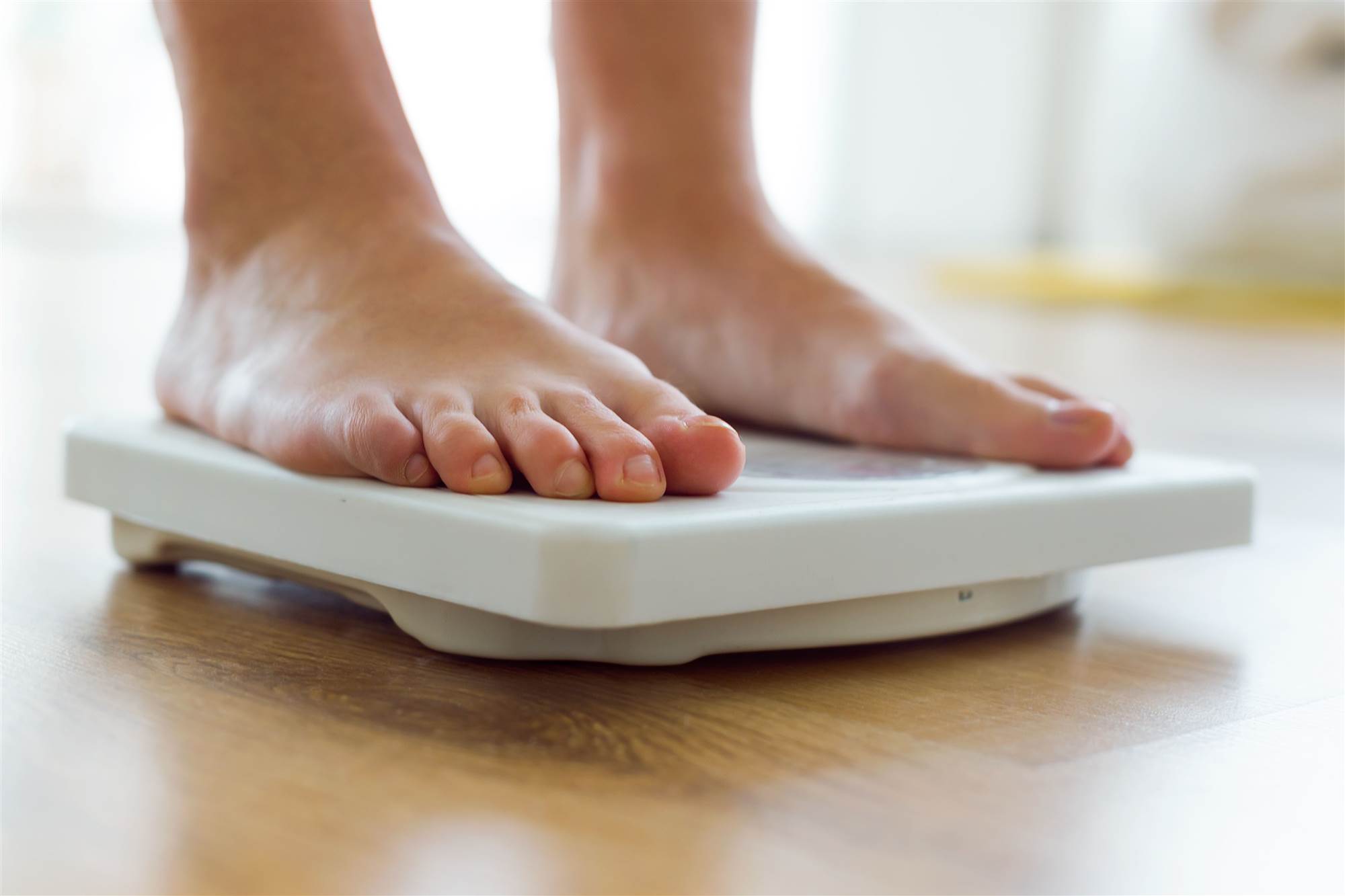

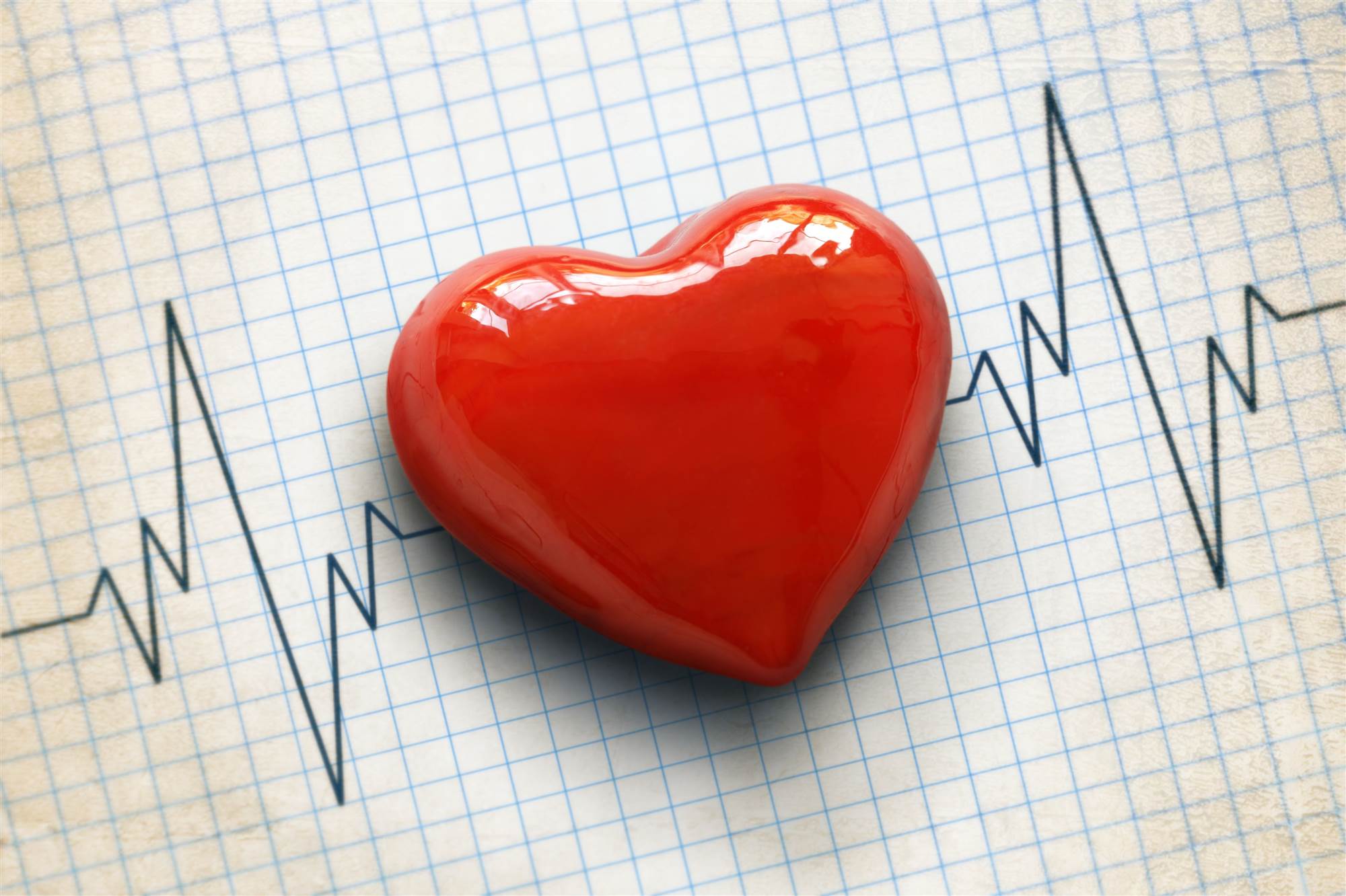



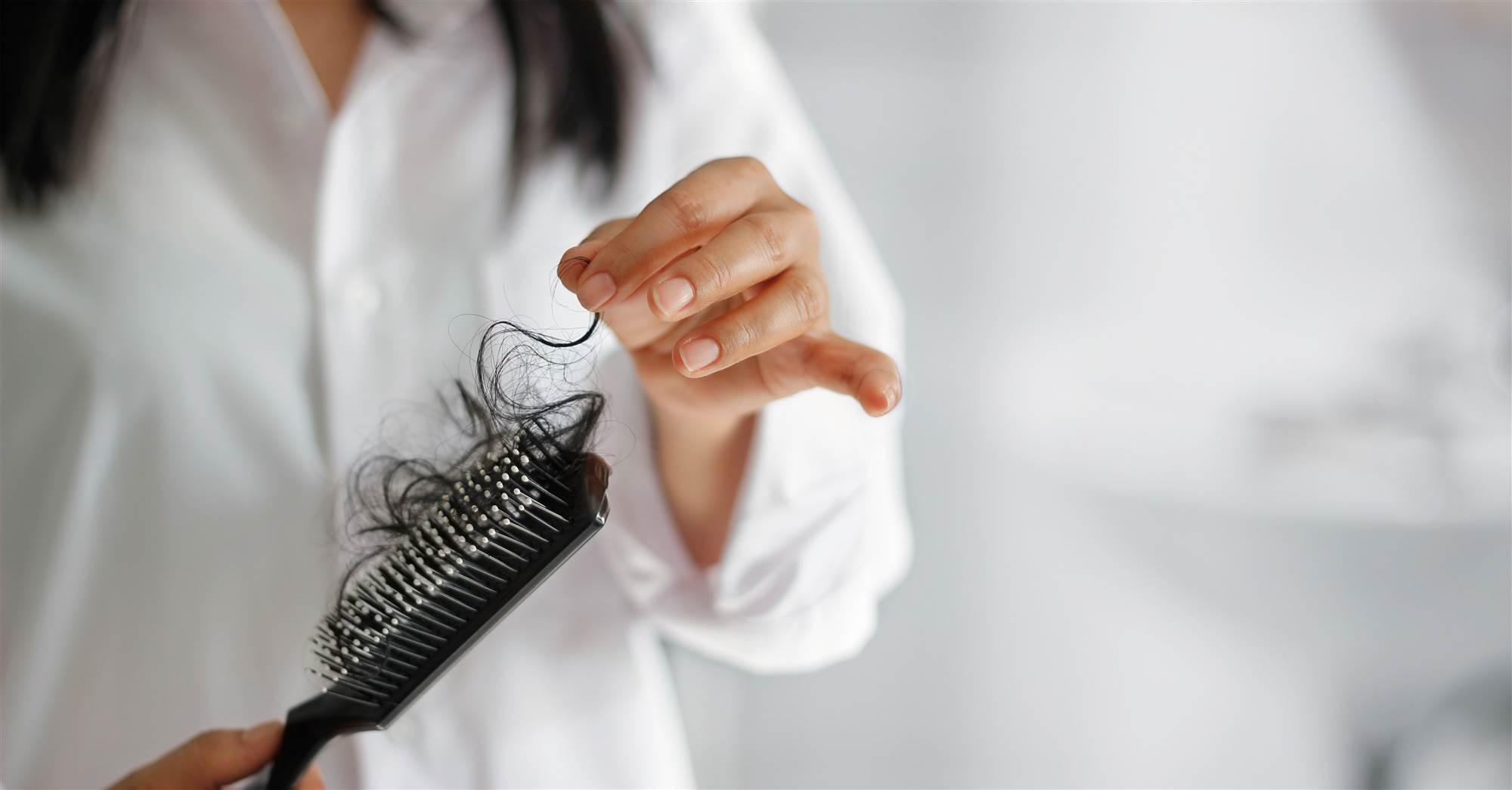

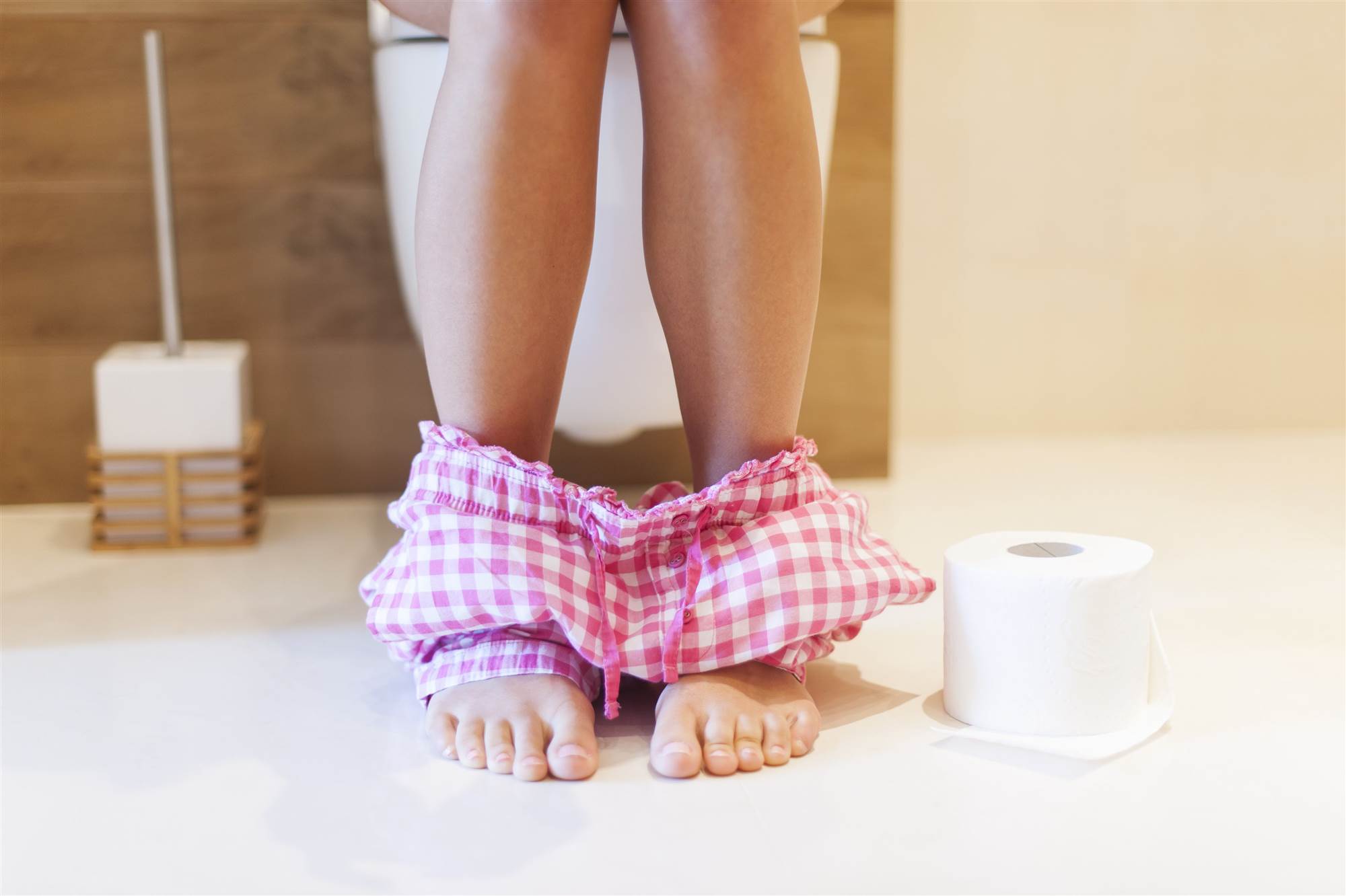
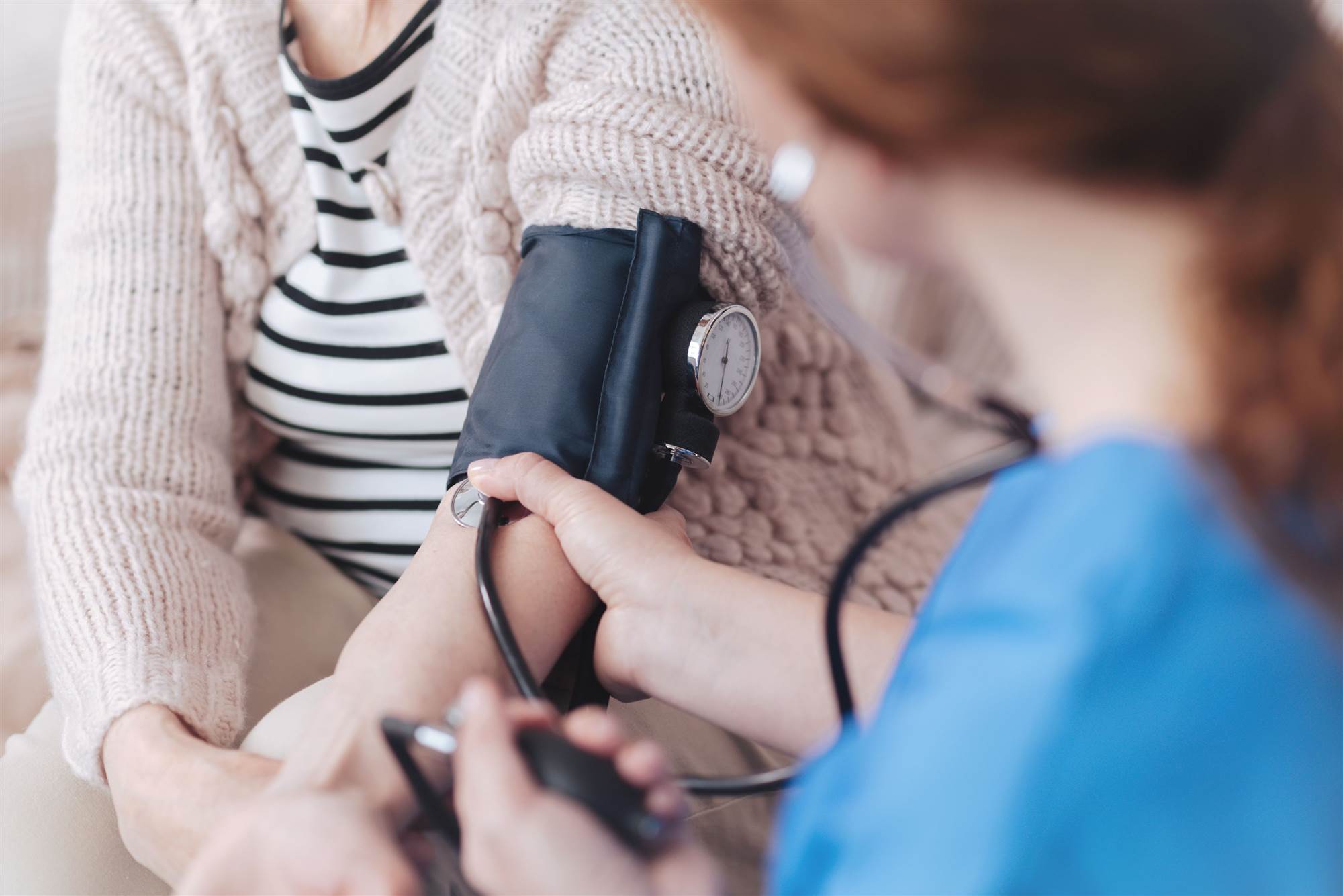

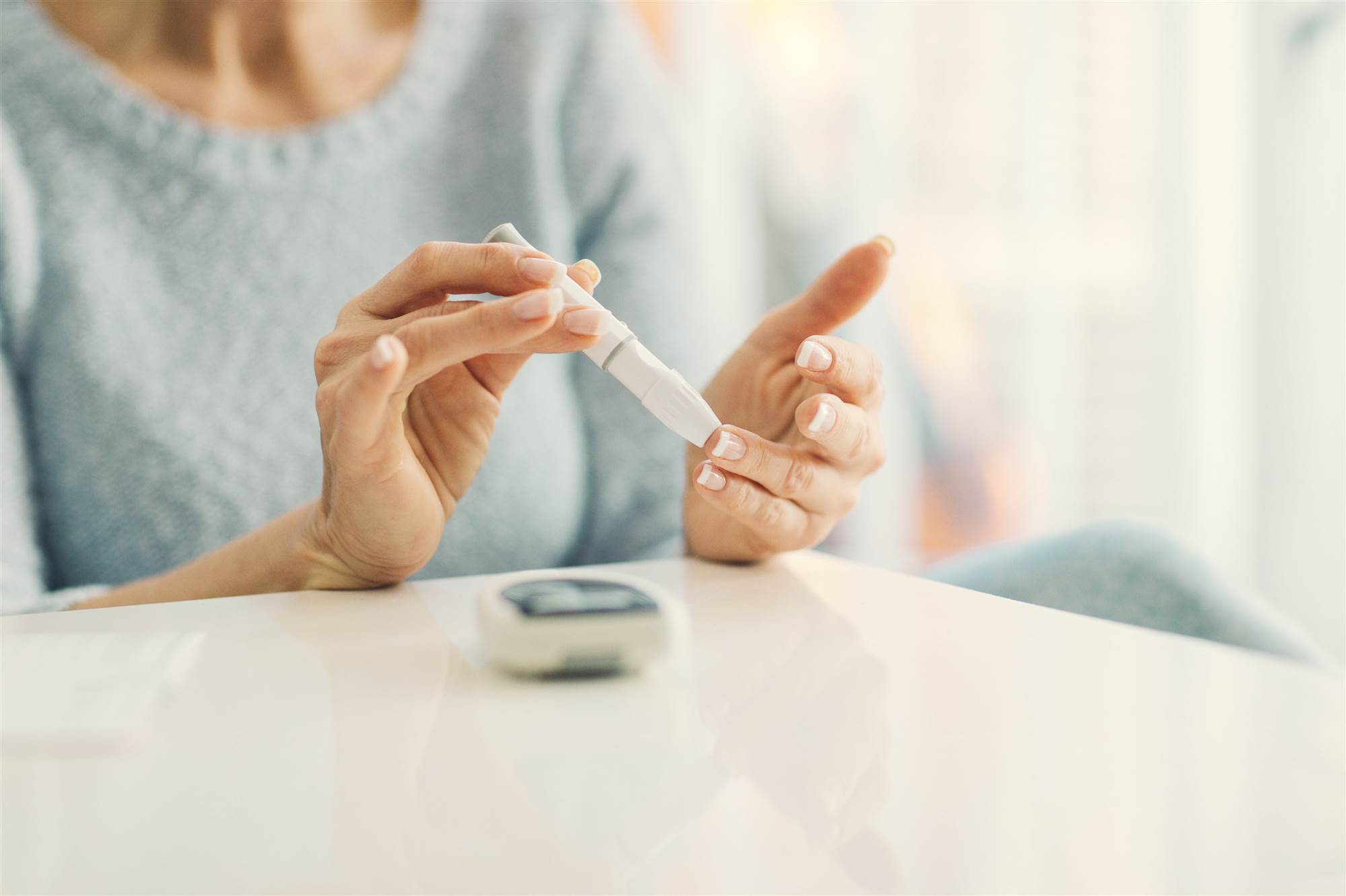
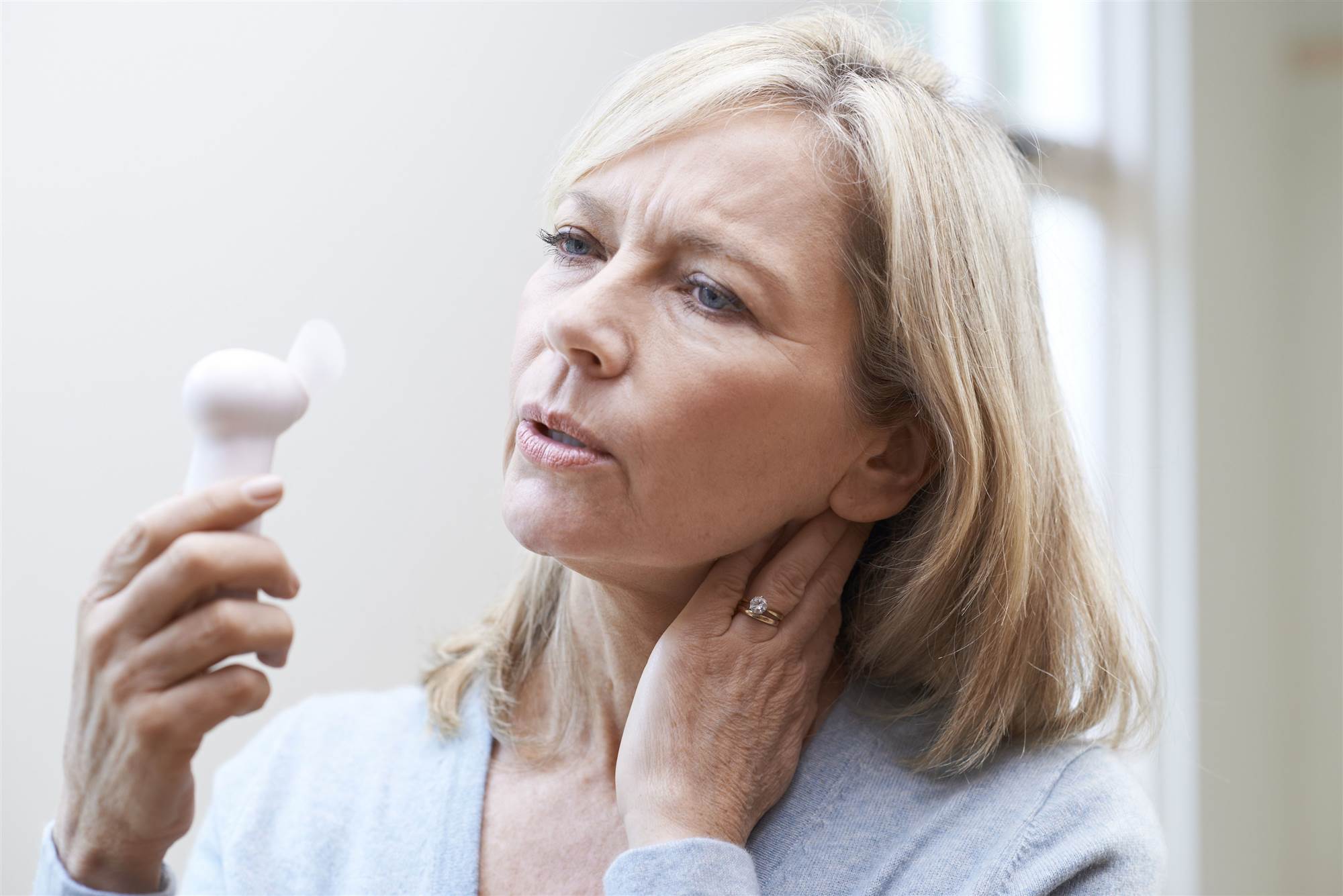


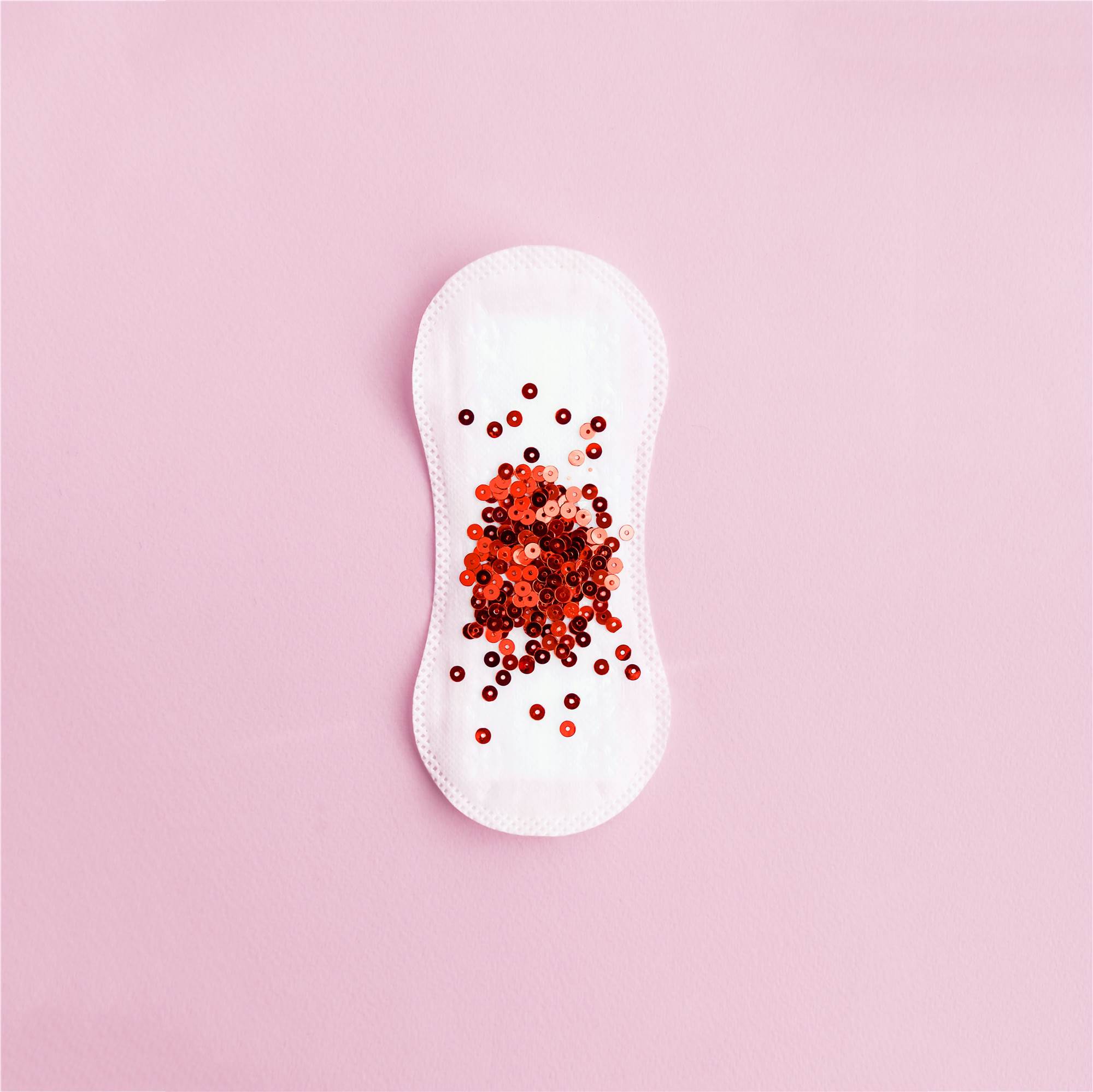
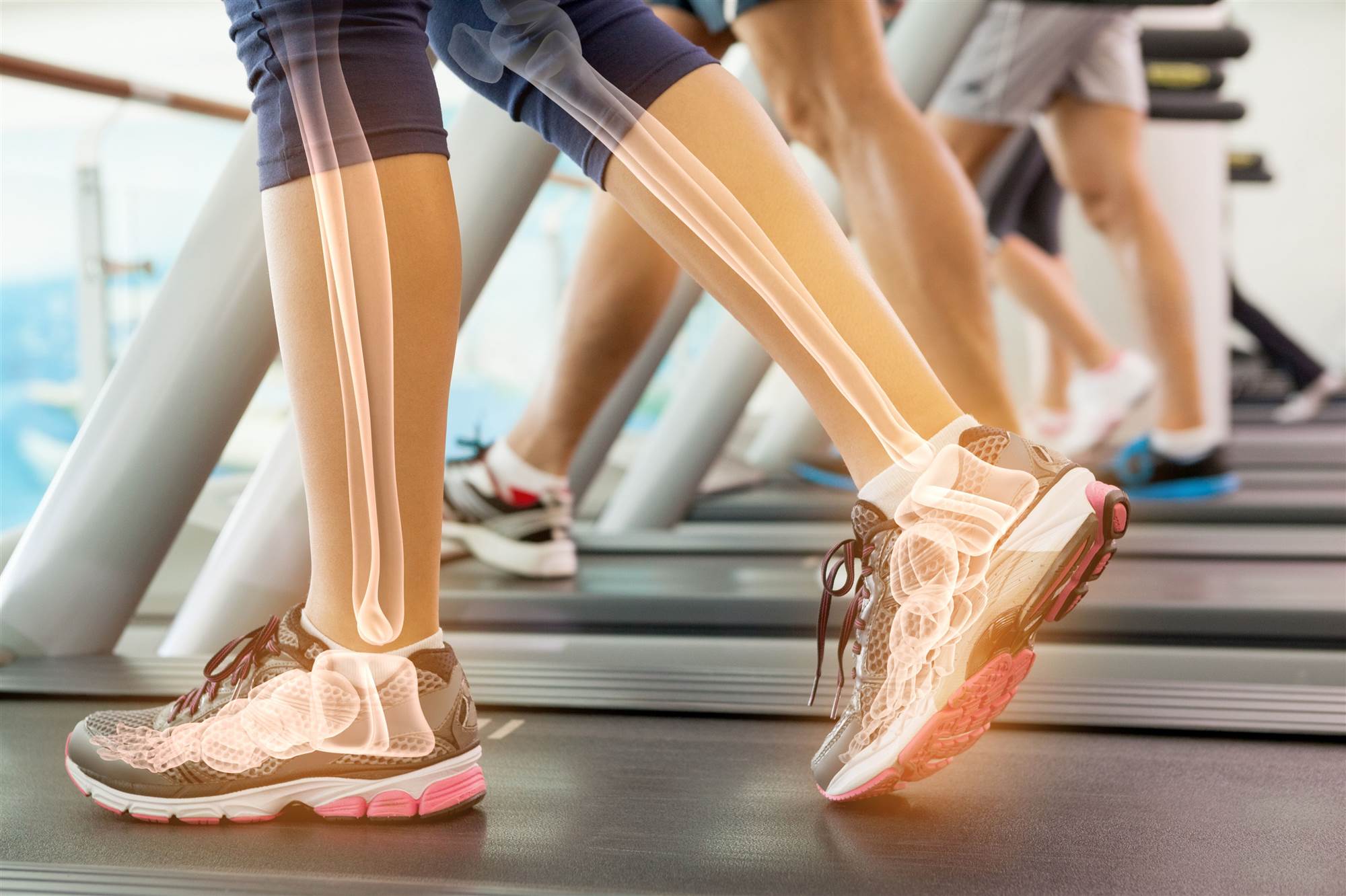


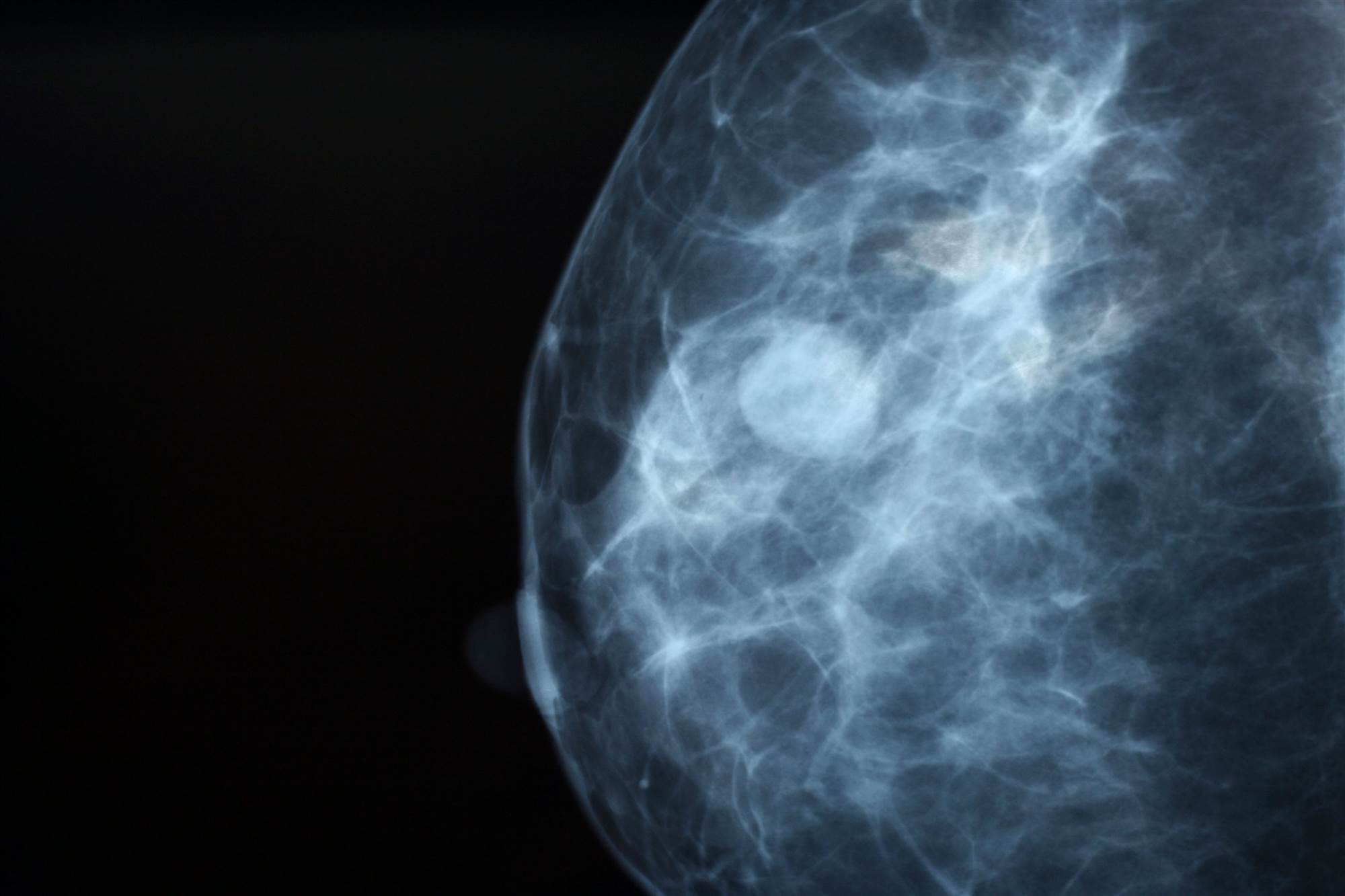
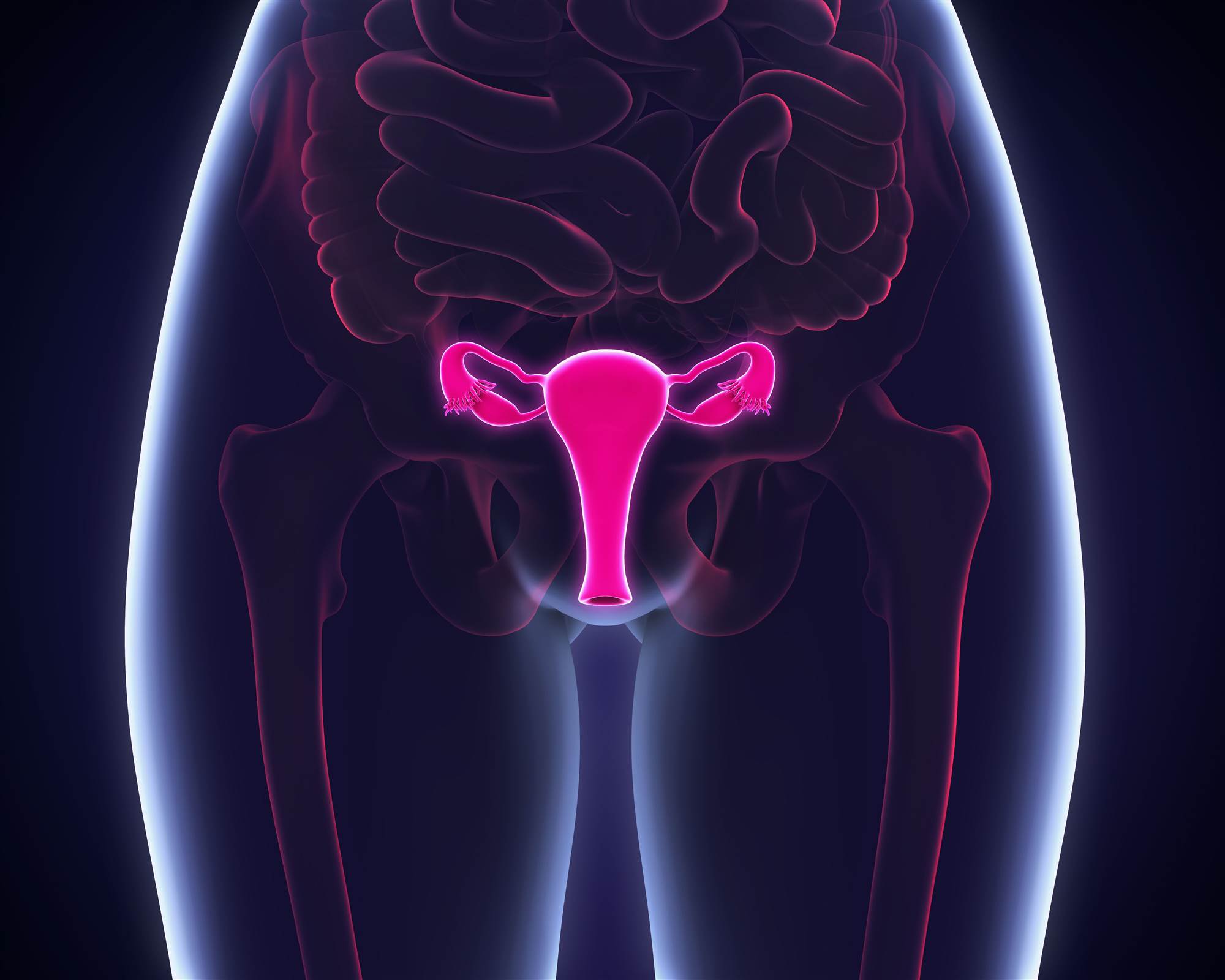
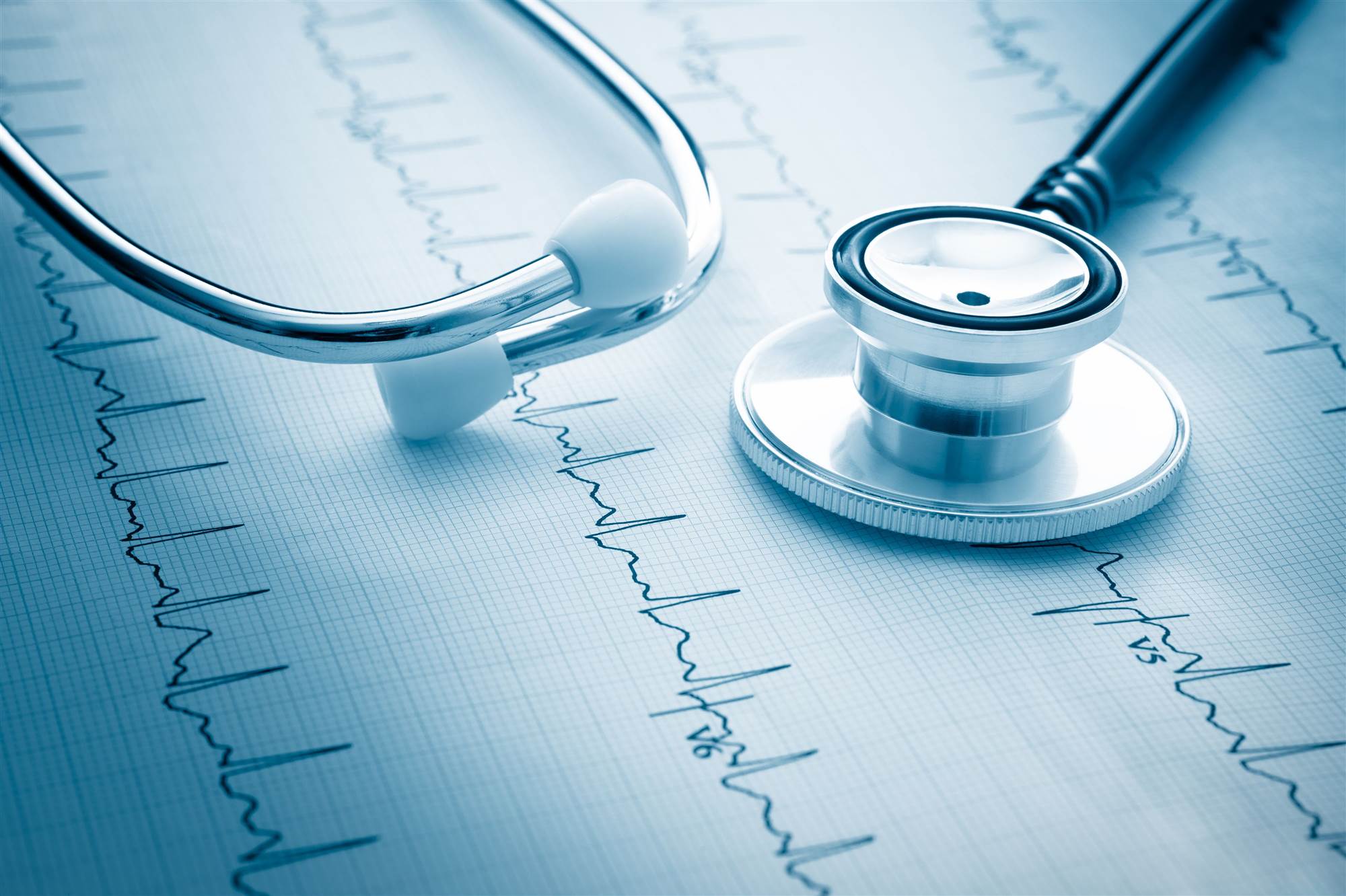
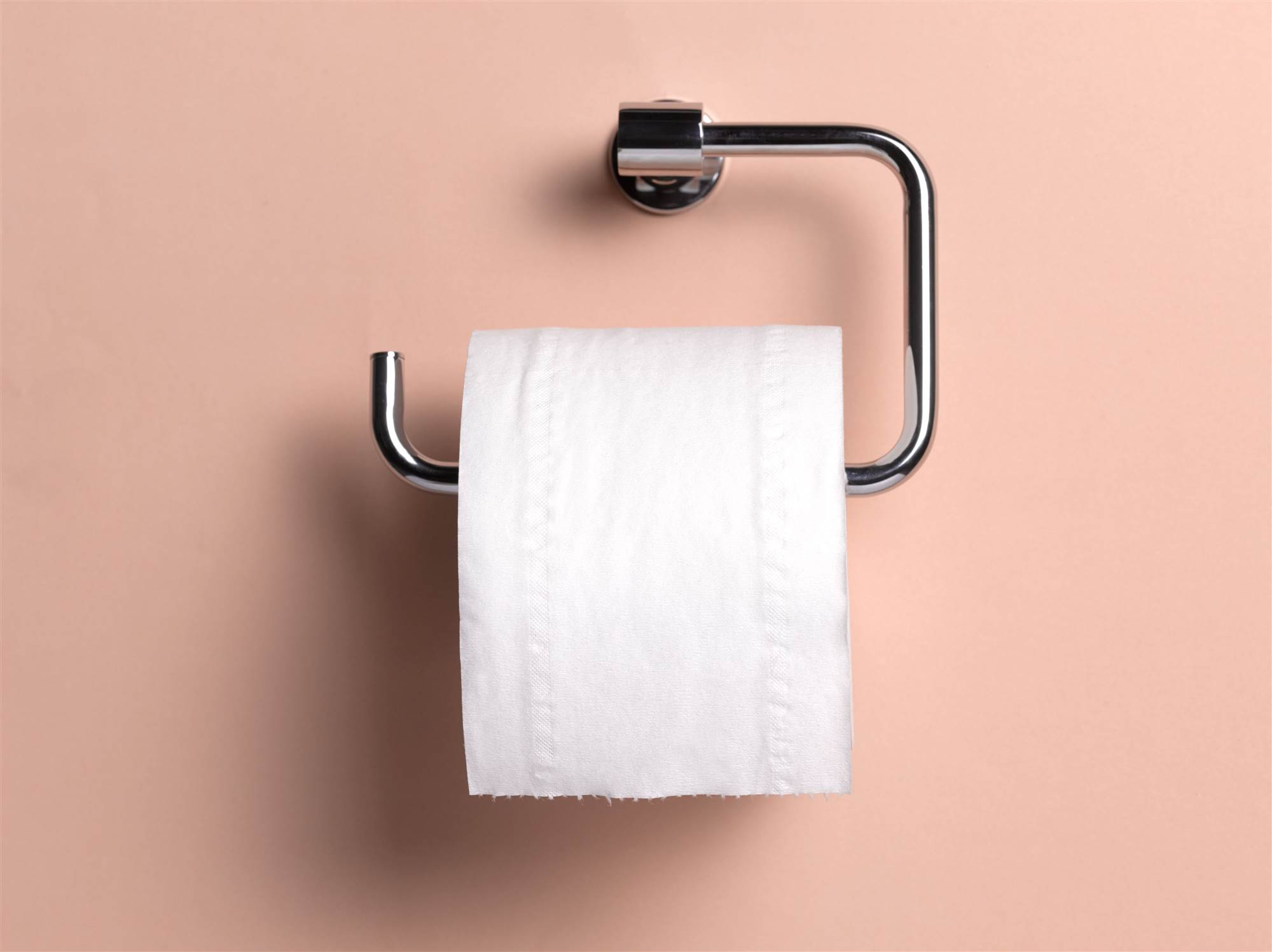
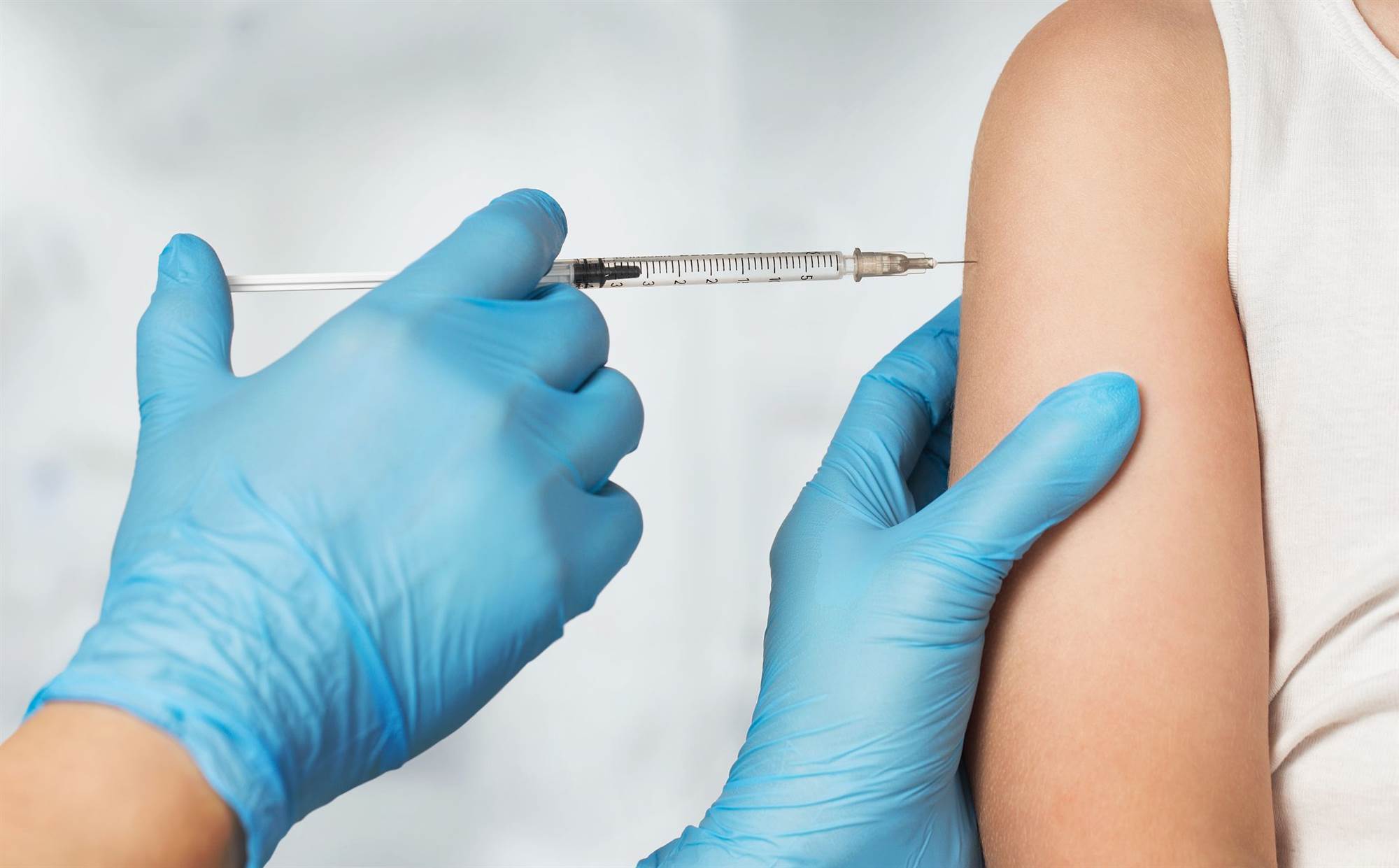
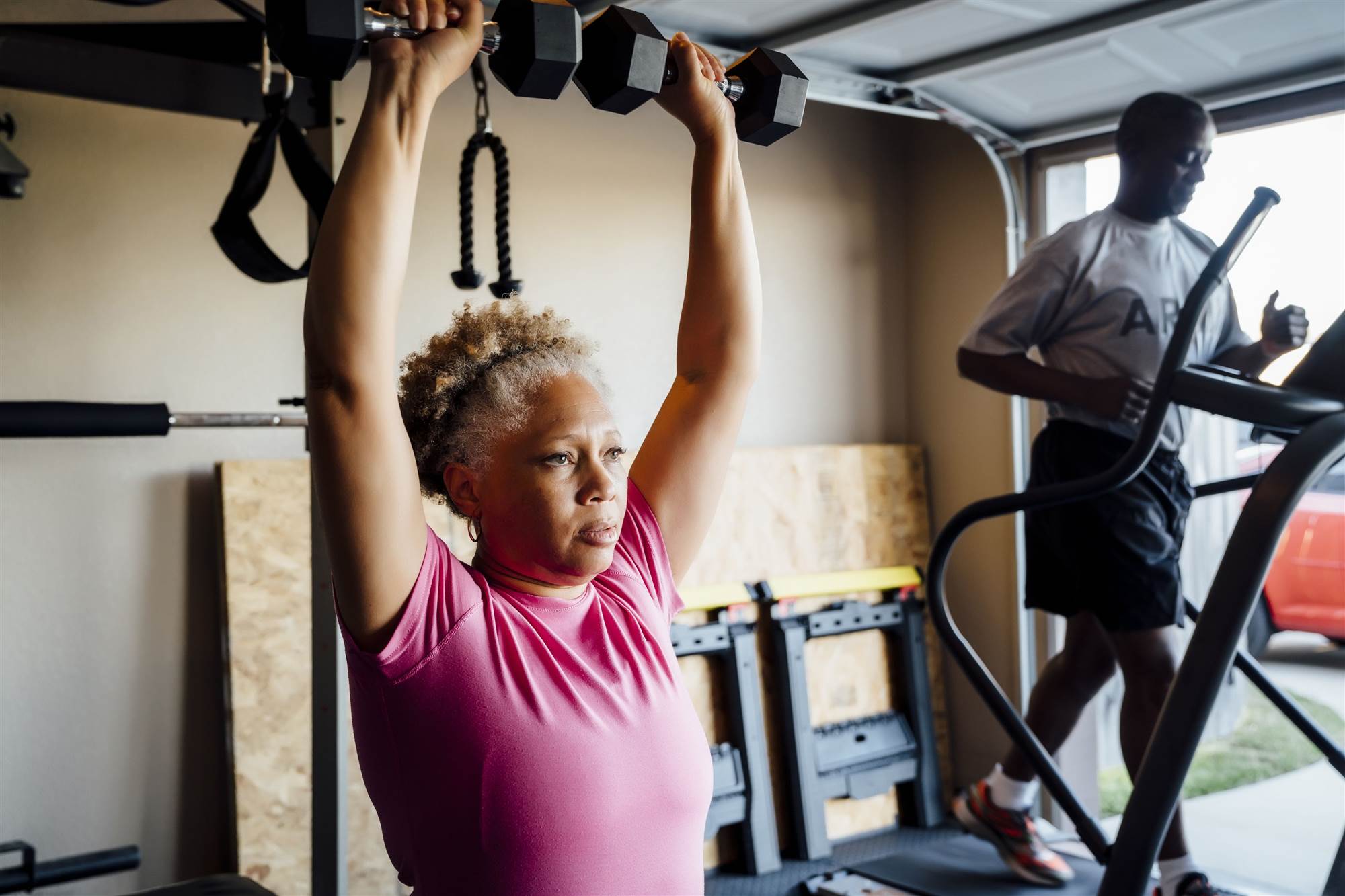
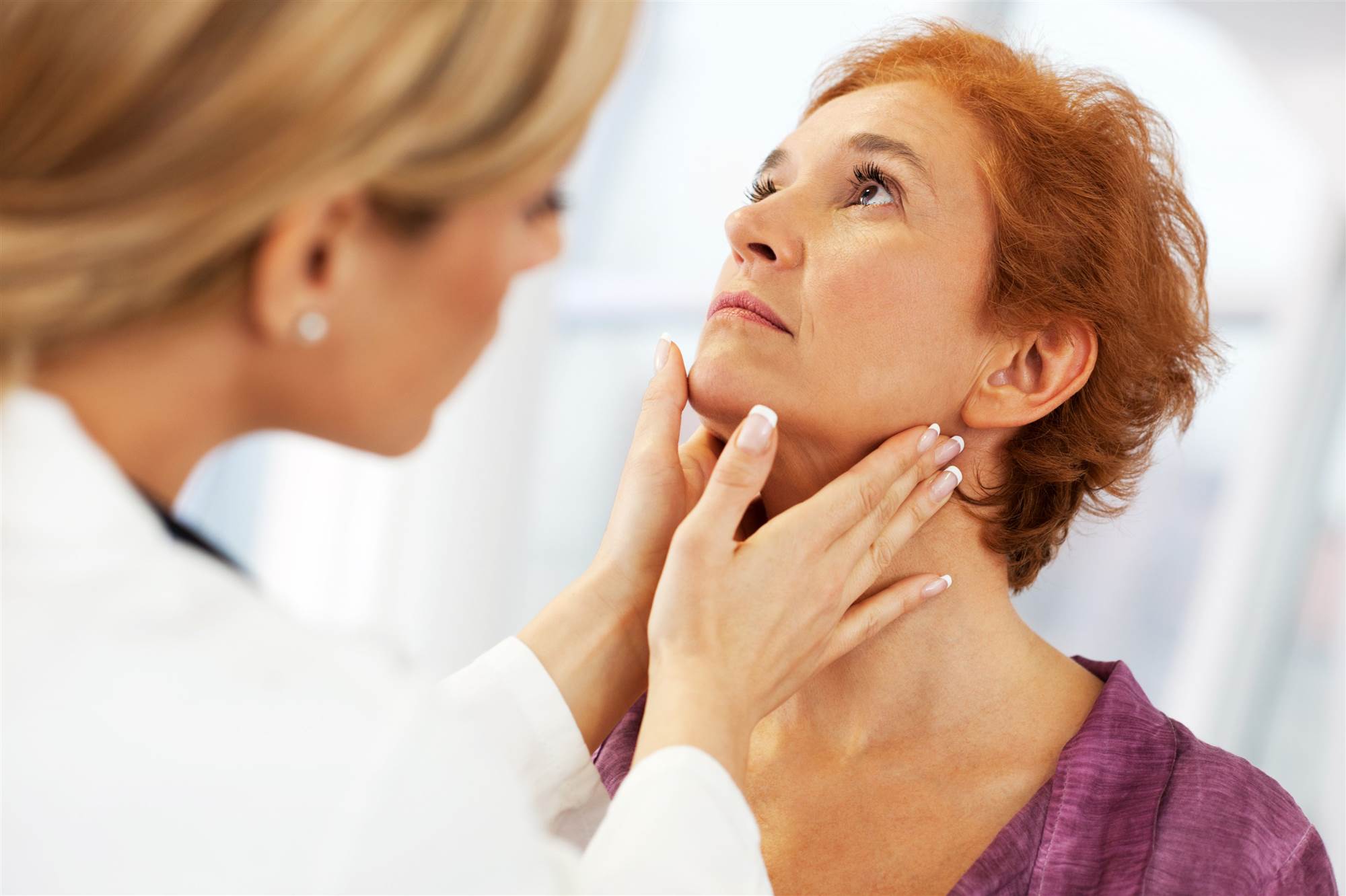
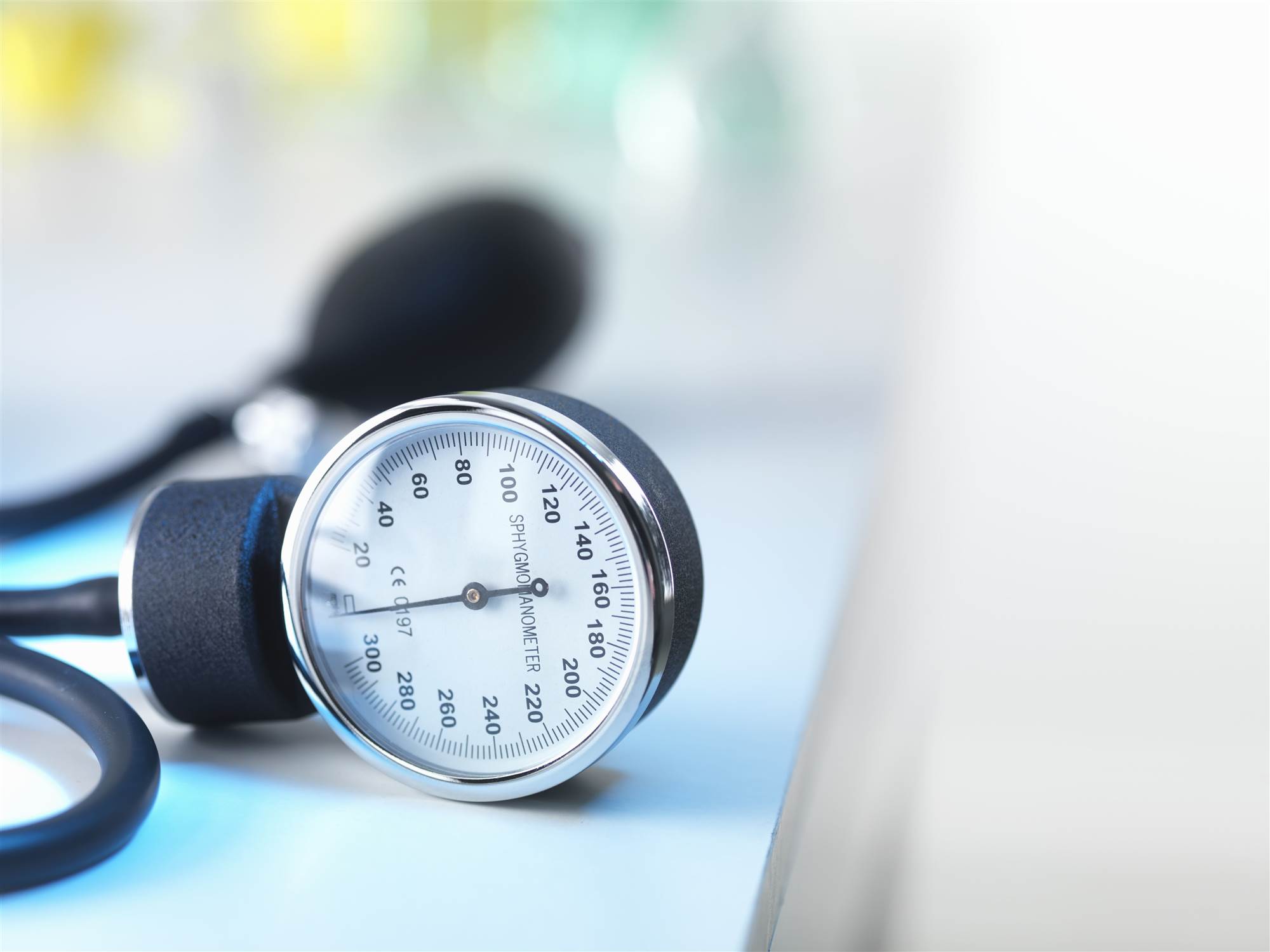
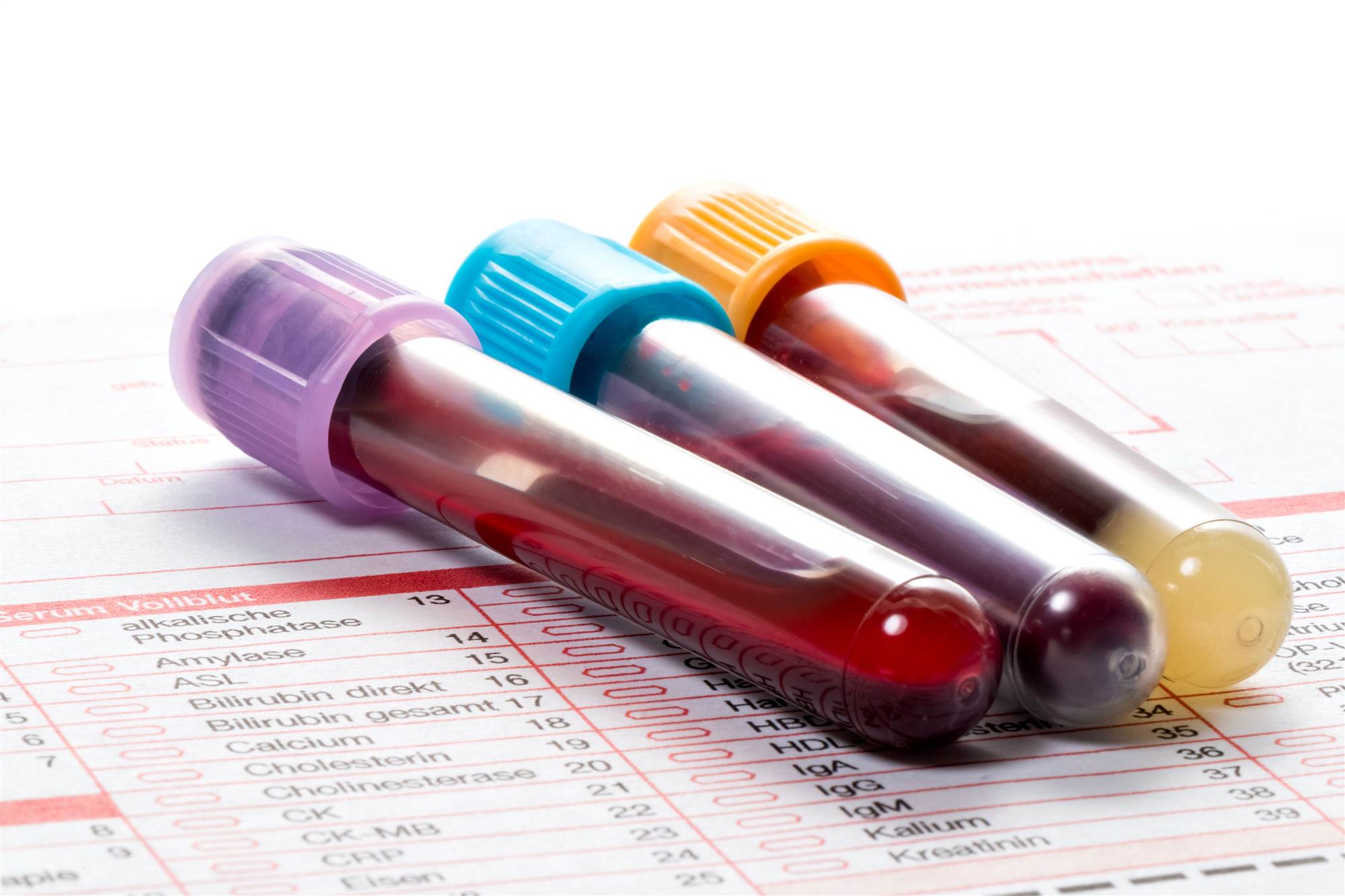
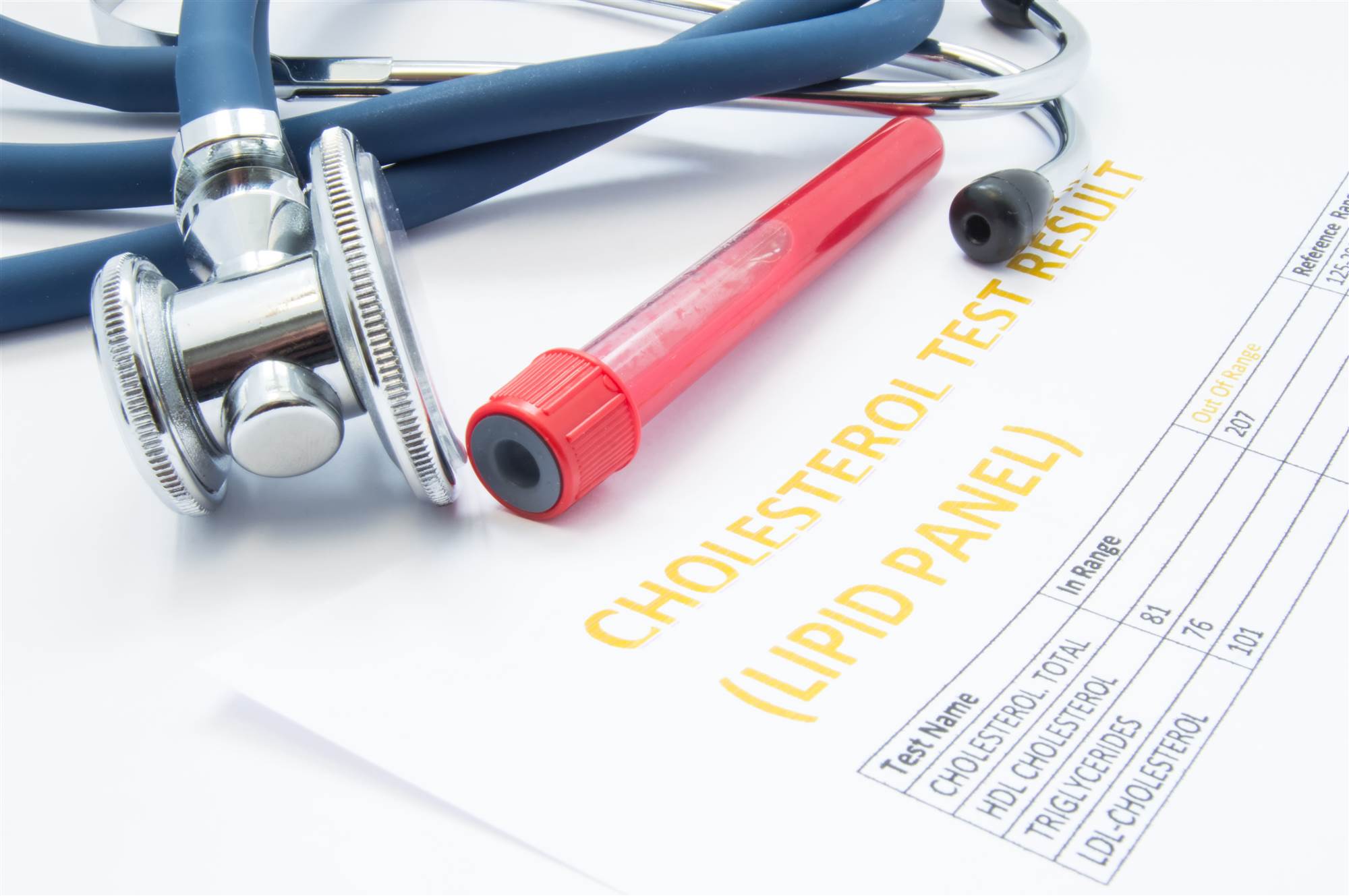
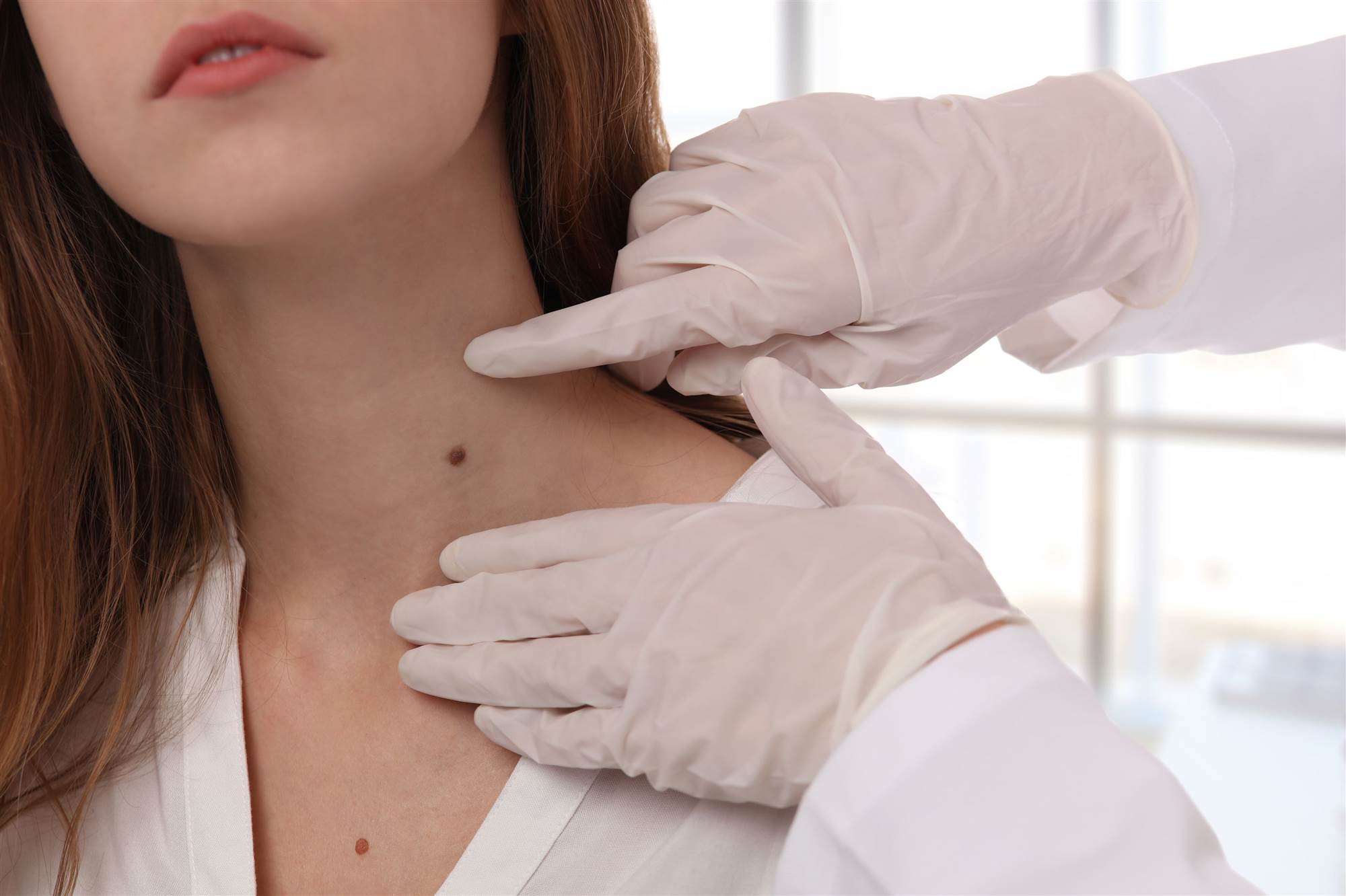
GARO ©Getty Images
Weight gain
Losing weight in your 20s was as easy as cutting out soft drink for a week, but as women age, it gets harder to lose weight and easier to gain it. “Age, inactivity, stress levels, and poor dietary choices are the biggest precluding factors to weight gain,” says gynaecologist Dr Kecia Gaither. “Staying active is key,” she explains.
GARO ©Getty Images
Fatigue and low energy
Feeling tired may not seem like something new to a woman in her 40s. After all, you’re probably working full-time, raising children, and managing a home, but as women age, they tend to get more tired, quicker. This is due mainly to hormonal changes happening from menopause. “Consistent sleep is a key factor in rejuvenating and replenishing the body,” Dr Bhatia says. Dr Bhatia recommends seven hours of consistent sleep for five nights a week.
GARO ©Getty Images
Cardiovascular disease
Over time, plaque builds up in the arteries, causing them to narrow and harden. "This prevents the normal flow of blood and oxygen that the heart needs. A clot may develop over the plaque, blocking the flow to the heart leading to a heart attack.” This is just another reason diet and exercise are so important.
GARO ©Getty Images
Poor libido
There are numerous reasons women in their 40s experience a low sex drive. Everything from hormonal changes to vaginal dryness could be the cause. Sometimes the solution can be as simple as using an oestrogen cream, but in other cases, it may mean something more serious. Always talk to your doctor no matter how serious or not you think the issue is.
GARO ©Getty Images
Breast cancer
“Breast and cervical cancer are the two most common cancers affecting women,” Dr Gaither says. Breast cancer can occur at any age, but the risk increases with age. "Cervical cancer can affect any woman who is or has been sexually active, but it primarily occurs in women who have had HPV, are immune compromised, have poor nutrition, and don’t get pap smears,” she adds. Routine mammograms are key once you hit 40.
GARO ©Getty Images
Insomnia
As if fatigue and low energy weren’t issue enough, insomnia plagues many middle-aged women as well. In fact, one U.S study found that close to 20 percent of women age 40 to 59 said they had trouble falling asleep on four or more nights a week. The study explains that for many this is due to the onset of menopause. Night sweats, skyrocketing body temperatures, and mood swings can all affect sleep patterns.
GARO ©Getty Images
Thinning hair
Although hair loss for both men and women is mainly hereditary, hormones during menopause can play a roll as well. But there are supplements and treatments you can take in order to help prevent hair loss, so if you’re worried, ask your doctor.
GARO ©Getty Images
Mood swings
Women deal with mood swings from puberty, but as the pre-menopausal years begin to creep up, the hormonal changes can feel unbearable. Dr Taz recommends learning to manage stress early. “Stress drives cortisol which drives disease,” she says. “Managing stress and the cortisol response is a skill that everyone needs to learn and practice to stay healthy.” Some of the best ways include breath work, meditation, acupuncture, massage, yoga, or enjoying the outdoors.
GARO ©Getty Images
GI Issues
Bloating, gas, and changes in bowel movements can occur for a variety of reasons, but if they become a more common occurrence around your 40s, it's probably be due to-you guessed it- hormones. The menopausal changes occurring in your body can lead to the same digestive issues women experience while they're on their period or right before they get it.
GARO ©Getty Images
Hypertension
Although more common in men, women nearing middle-age are more likely to see a rise in blood pressure. The good news is it’s usually due to factors that can be helped, like weight, diet, and exercise. Stay up-to-date on your doctor visits because your blood pressure can rise without you feeling any symptoms.
GARO ©Getty Images
Slowed metabolism
After 40 your metabolism tends to slow down by about five percent every decade. This doesn’t mean when you hit 40 all is lost; it just means you have to be smarter about your food choices and make time to exercise more frequently.
“Find ways to be creative with your food intake because as your metabolism changes, your portion size and activity level play a much more significant factor in weight maintenance and weight loss,” explains gynaecologist Dr Jessica Shepherd. “The decrease in oestrogen during menopause causes changes in metabolism, hormone maintenance, and heart health,” she explains.
GARO ©Getty Images
Diabetes
Dr Gaither says obesity is one of the key factors in developing diabetes as you age. “Obesity is a predisposing factor to diabetes development,” she explains. If you’re overweight and nearing middle age, your risk for developing diabetes is higher. See your doctor if you’re concerned.
GARO ©Getty Images
Menopause
Ahh, menopause-a defining moment in every middle-aged woman's life. Although menopause isn't necessarily something to worry about, the symptoms that go along with it, like hormonal imbalances, changes in metabolism, reduced energy, and hot flushes, can cause concern.
As you near middle age, prepare yourself for what’s to come. “We spend so much time preparing women for puberty, but seldom talk about perimenopause and menopause,” says dietitian Felicia Stoler. Stoler recommends self-care and a healthy lifestyle to combat the worst of it.
GARO ©Getty Images
Mental health
As women age, they are more likely to develop mental health issues than men. “Anxiety, depression, Alzheimer’s, and cognitive decline are most common,” Dr Gaither says. There are many reasons women are more likely to develop these mental health issues, but it's most likely due to the fluctuating hormone levels women experience during menstruation, pregnancy, and menopause.
GARO ©Getty Images
Vaginal dryness
Caused by low levels of estrogen from pre-menopause and menopause, vaginal dryness is not only common during middle age but also after child birth. Although many women may feel embarrassed to talk about the issue, it’s completely normal and there's an easy fix. Most gunaecologists will recommend avoiding scented soaps. Prescription oestrogen creams can also be used to treat it, so ask your doctor.
GARO ©Getty Images
Heavy periods
Although it sounds counterintuitive, heavy periods are actually a sign of menopause. Your menstruation schedule may be a bit thrown off around this time, too, which can cause heavier bleeding some months over others.
GARO ©Getty Images
Osteoporosis
As women age they tend to lose bone density and strength, which can lead to osteoporosis. This is when bones become weak and brittle. It’s more common in women than men, which is why women in their 40s should seek medical help if they experience any symptoms.
GARO ©Getty Images
Sight issues and hearing loss
As we age, it’s inevitable that our vision and hearing will get worse. But this doesn’t mean you will become deaf and blind. It just means you may need glasses for reading or possibly a hearing aid. Get your sight and hearing checked annually.
GARO ©Getty Images
Brain fog
Difficulty concentrating and cognition issues is another side effect of pre-menopause. Studies have shown that women as young as their 40s can start to experience brain fog as a result of menopause. Although there isn’t a magic pill to un-fog your brain, knowing it’s not just you is comforting.
GARO ©Getty Images
Routine breast exams
“Starting at age 40 routine mammograms are a must!,” Dr Shepherd recommends. Catching any abnormalities early can save your life. If you have a family history of breast cancer, ask your doctor about getting a mammogram, even if you’re not 40.
GARO ©Getty Images
Routine pelvic exams
Dr Shepherd, Dr Taz, and Dr Gaither all agree that routine pap smears are important, but even more so as women hit middle age. Pap smears screen for cervical cancer, and just like any cancer, early detection is key.
GARO ©Getty Images
Cardiovascular exams
Heart disease is a leading of death in women, and your risk gets higher as you age. Aside from leading a healthy lifestyle, Dr Gaither strongly recommends women in their 40s get cardio evaluations as well.
GARO ©Getty Images
Colonoscopies
Although they are recommended consistently for women over the age of 50, your 40s are a good time to start talking to your doctor about getting a colonoscopy, especially if you have a family history of colon cancer or polyps.
GARO ©Getty Images
Yearly flut shot
This is always important, but especially as we age and our immune systems may not be as strong, the flu shot is more important than ever.
GARO ©Getty Images
Bone density evaluations
Stoler recommends the Bone Density screening every 10 years starting at age 40. This is especially important if you show risk factors for osteoporosis or have often fracture bones.
GARO ©Getty Images
Thyroid exams
“Thyroid dysfunction is the most common hormonal imbalance in women,” Dr Shepherd explains. This is why she recommends getting screened routinely. Here are some more signs your thyroid may be out of whack.
GARO ©Getty Images
Blood pressure evaluations
Since hypertension and high blood pressure can creep up on you without you even realising, Dr Taz recommends blood pressure evaluations to all her patients in their 40s. “It’s important to stay on top of signs and symptoms in our bodies,” she explains.
GARO ©Getty Images
Hormone level measurements
Pre-menopause and menopause are a time full of hormonal ups and downs in women, so checking hormone levels routinely will help keep you on track. Hormone level measurements will give your doctor more insight into what may be bothering you.
GARO ©Getty Images
Complete lipid panel
This is also known as a cholesterol test and it’s important in assessing your risk for heart disease, which increases as you age. It’s usually part of a routine annual, but if your doctor doesn’t mention it, make sure to ask to have one done.
GARO ©Getty Images
Mole assessments
Getting moles assessed is something you should do at any age, but as you enter your 40s, your risk for skin cancer increases due to the fact that you’ve had longer amounts of sun exposure. Long-term sun exposure is a risk factor for skin cancer.



.jpg&h=90&w=90&c=1&s=1)


.png&h=193&w=250&c=1&s=1)
.png&h=193&w=250&c=1&s=1)


